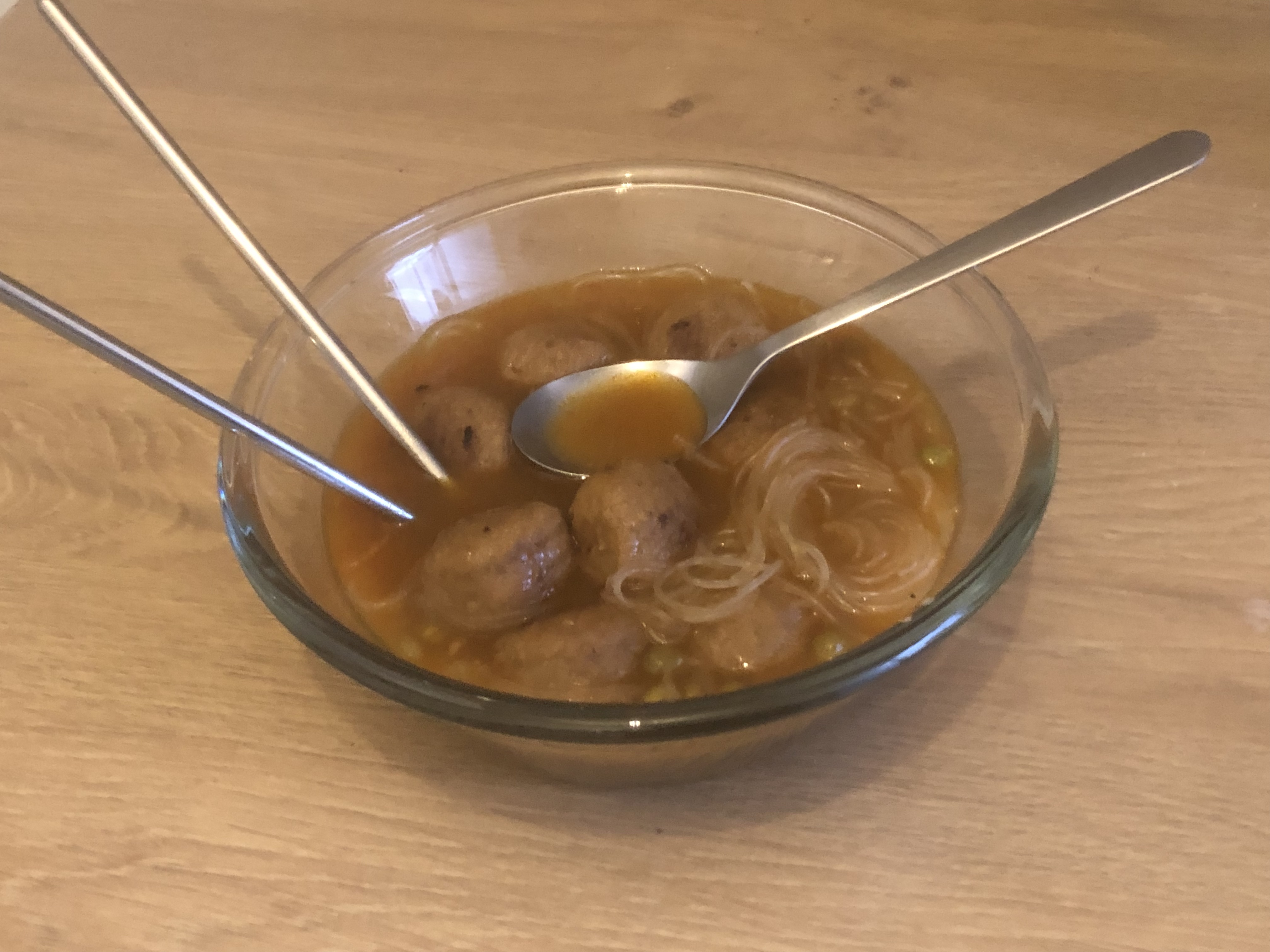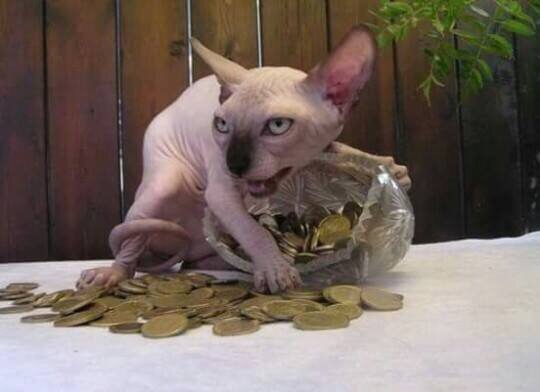When the MeToo movement took off across the globe in 2017, it changed how we think about artists and their art.
As victims of sexual harassment and assault spoke out, the public became more aware of the behaviour of well-known people, including successful artists. Audiences immediately began to view these artists’ work through the lens of their actions.
As a result, many of our favourite books, songs and art works became irrevocably tainted by the transgressions of their creators.
Admiring the work of Pablo Picasso — the cubist artist who burned his partner Françoise Gilot’s face with a cigarette (and painted it) — or Alfred Hitchcock — the film director who tried to destroy actress Tippi Hedren’s career when she rebuffed his advances — became a less straightforward proposition.
“In the aftermath [of MeToo], people were left wondering what to do about their heroes,” US critic Claire Dederer writes in her new book, Monsters: A Fan’s Dilemma.
We should not make heroes. People are falible, don’t idolize them. You can of course still admire their work.
This is harder with artists though. They put more of themselves in their work and once you know an artist was an absolute cunt you can start seeing things in their art that you didn’t before or experiencing it differently and don’t like it anymore.
But if you still enjoy their work I think that’s fine too. Especially if they are dead and can’t profit from it, if they would profit from it I, personally, just pirate it and that keeps my conscience clean.
I like your points. The only part I think that could still be debated is definition of an artist. Actors and singers are considered by many to be artists (though of course the definition of artist is subjective), and we are far more likely to recognize them in their art than we probably are to recognize, say, a painter or sculptor, thus making it harder not to idolize them as artists.
But I still agree with you.
Now this is a good debate.
Personally, my view is that it is inappropriate to hold people from past generations to modern value systems, as the rational basis of those modern values did not exist yet.
We only expect human rights because we have ancestors that fought for them. Before the conflicts became commonplace, part of being a “good” person was to behave differently. We should not think that we are somehow special and would behave any differently than our ancestors, had we been nurtured in that time, surrounded by only those antiquated ideas.
This is why Genghis Khan and Hitler should be seen in a different light. They were both butchers, but the Khan was a butcher in a time of butchers. Where Hitler did it in a time of industrialization and the rise of globalization. One of the men is a respected historical figure of great relevance, the other is despised as one of the most evil men in history. Not for different actions, though, but for doing the same actions in different contexts, in worlds of different expectations.





